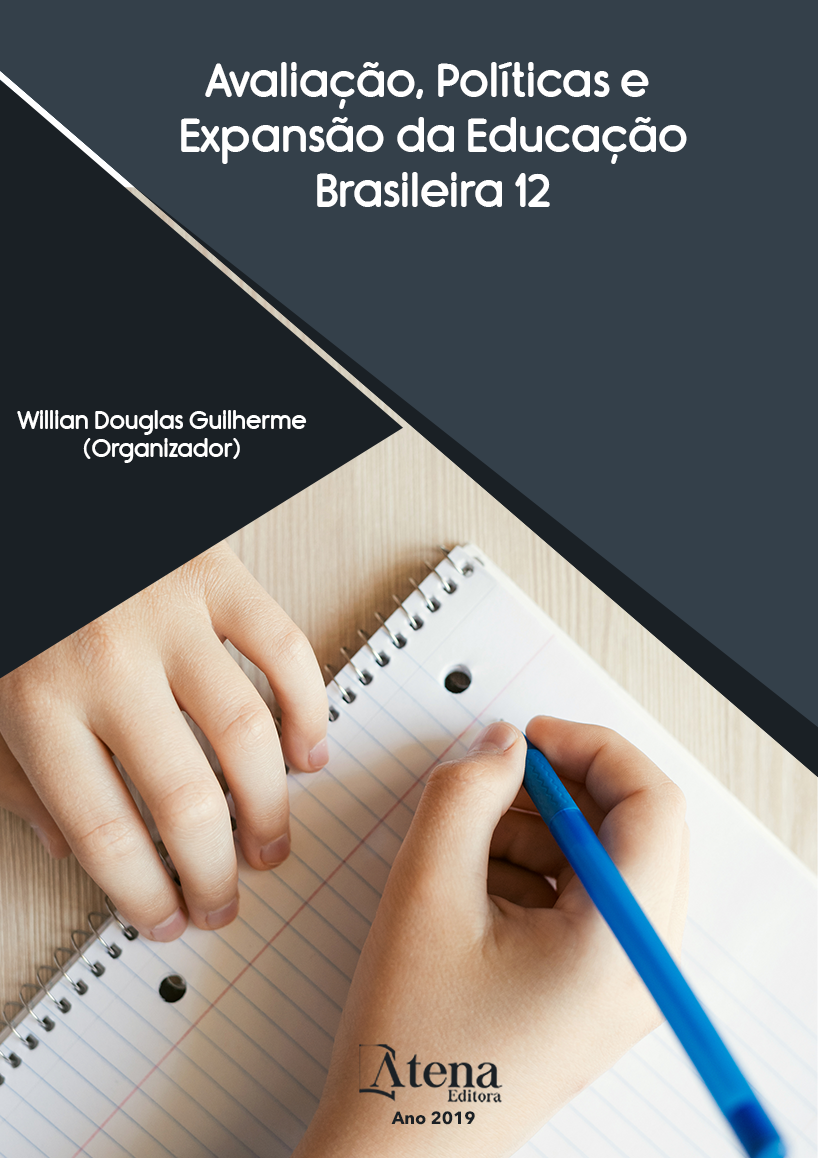
FIES: UMA ANÁLISE CRÍTICO-HISTÓRICA
O presente capítulo visita
brevemente o contexto político e histórico de
formação da educação superior brasileira em
momentos importantes desta etapa, como
pano de fundo para uma análise preambular
do Fundo de Financiamento Estudantil (FIES),
suas características mais abrangentes, o seu
funcionamento e alguns movimentos políticos
que o envolveram ao longo de sua trajetória.
A análise de políticas públicas, com especial
atenção às educacionais, requer também
a compreensão do contexto político, como
fenômeno humano que lhe é subjacente. Criado
em 1999, o FIES foi convertido em Lei dois anos
mais tarde. Entre os achados iniciais, é possível
destacar que o Programa Educacional em tela
sustentou importante expansão do mercado de
educação superior privado, precipuamente o
mercantil, justamente em um contexto político
cujo discurso sustentava direção contrária às
cartilhas do Banco Mundial, da década de 1990.
FIES: UMA ANÁLISE CRÍTICO-HISTÓRICA
-
DOI: 10.22533/at.ed.58119121110
-
Palavras-chave: FIES. CREDUC. Endividamento. Política de Financiamento da Educação Superior.
-
Keywords: FIES. CREDUC. Indebtedness. Higher Education Financing Policies.
-
Abstract:
The present chapter briefly
describes some noteworthy events in the
political and historical context of the constitution
of the Brazilian higher education system,
as background for a preliminary analysis of
the Student Loan Funding (FIES), its broad
characteristics, its behavior, and some political
shifts that influenced it during its history. The
analysis of public policies, particularly of
educational policies, demands understanding
their political context as an underlying human
phenomenon. Created in 1999, FIES was
made into a law two years later. Among the
initial findings, we highlight that this educational
policy supported a significant expansion of the
market for private higher education, especially
commodified education, in a political context
marked by a rhetoric that supported a direction
opposite to the World Bank guidelines in the
decade of 1990.
-
Número de páginas: 15
- Denise Lindstrom Bandeira
- Nalú Farenzena
- RODRIGO MELEU DAS NEVES


